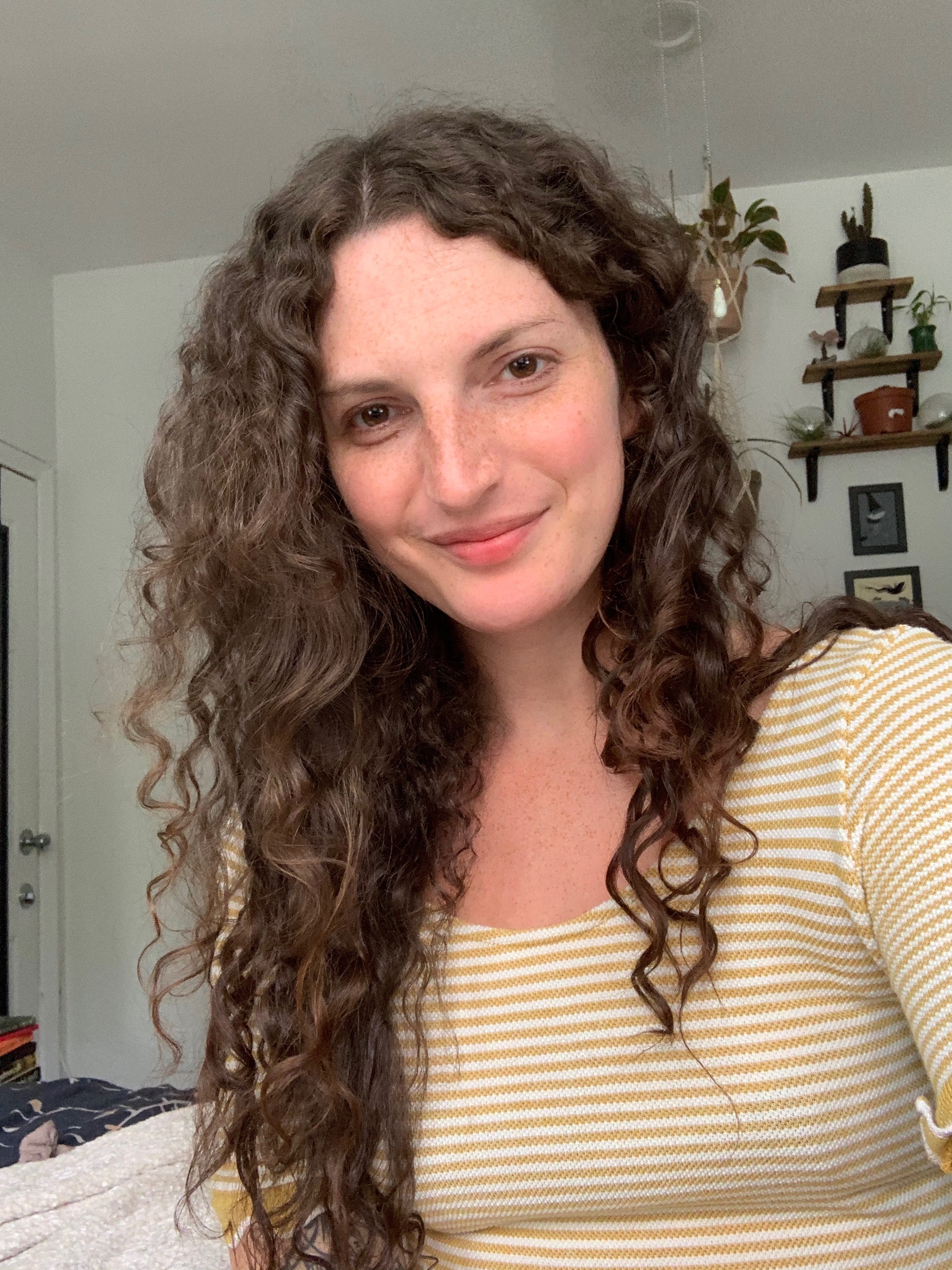A necessarily illuminating text, imagining stranger, more radical models of storytelling. Combining the hybridity of Camen Maria Machado’s In the Dream House with the intensity of Maggie Nelson’s The Art of Cruelty, RAPE GIRL promises to do for sexual violence what Citizen did for conversations around race, and become part of a new wave of cultural resistance.
RAPE GIRL:
A Study in Nine Parts
by Jamie Hood
Pantheon/Random House, Spring 2024
(via Frances Goldin Literary)
 In many ways, RAPE GIRL: A STUDY IN NINE PARTS is the book that essayist, critic, and poet Jamie Hood has been writing her entire life. In the thirty years since her first sexual assault (age six, by the neighbor), it has taken many forms: a chronological, straight memoir of violence; a book-length poem; a manifesto; a novel. In the wake of each subsequent attack (twice as a teenager, several times in graduate school, most recently at a Brooklyn bar), and resultant attempt to narrativize the violence, what became clear was that no single genre was able to capture the entirety of what she was trying to say.
In many ways, RAPE GIRL: A STUDY IN NINE PARTS is the book that essayist, critic, and poet Jamie Hood has been writing her entire life. In the thirty years since her first sexual assault (age six, by the neighbor), it has taken many forms: a chronological, straight memoir of violence; a book-length poem; a manifesto; a novel. In the wake of each subsequent attack (twice as a teenager, several times in graduate school, most recently at a Brooklyn bar), and resultant attempt to narrativize the violence, what became clear was that no single genre was able to capture the entirety of what she was trying to say.
Trauma disorients the very possibility of straightforward narrative, so then why do we expect our tellings of it to be linear and easily digestible? RAPE GIRL asks: what is rape at its core? And beyond: how would an account of rape that acknowledges and incorporates the truth of trauma as an experience shift the conversation?
Told in nine parts—media historical, political, poetic, autofictional, literary critical, and memoiristic—RAPE GIRL reckons with the confessional imperative of survivors and the role of rape narratives in our collective consciousness. Weaving between genres and throughout history, Hood consults Artemesia Gentileschi and other foremothers in revenge and witness, documents a month of walking the exact route that she took to escape an assailant, tangles with the specter of Dick Wolf and Law & Order, reflects on her own coping mechanisms and childhood in Virginia, probes the specific silence around trans women’s experience of rape, and interrogates what it means to enter a post-#MeToo era of backlash in 2022.
Jamie Hood is a critic, memoirist, and poet, and the author of how to be a good girl (Grieveland 2020). Her work has appeared or is forthcoming in The Baffler, The Nation, Los Angeles Review of Books, The New Inquiry, Observer, The Drift, SSENSE, Bookforum, Vogue, and elsewhere. She lives in Brooklyn.
